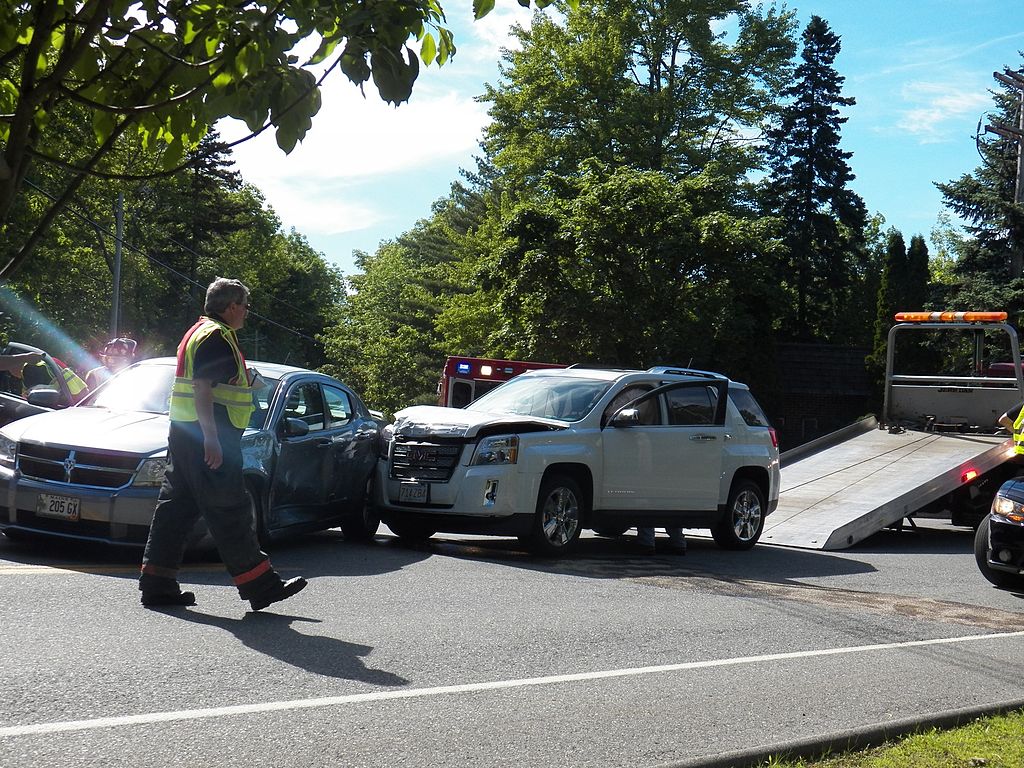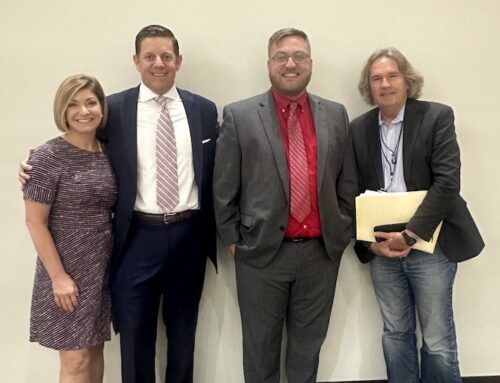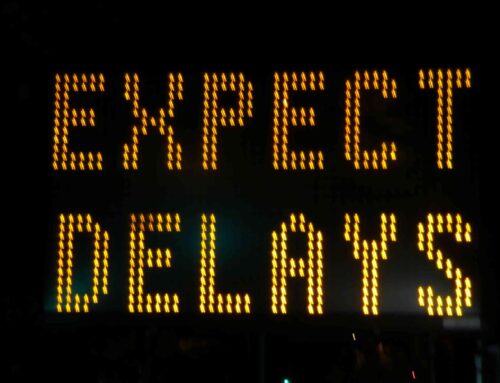Memphis ordered to pay attorney’s fees for violating public records law over traffic accident reports

The City of Memphis in March was ordered to pay $107,687 in attorney’s fees in a public records case in which it was found to willfully violate the law in redacting public information from traffic accident reports.
It was the second case won by Bradley Jetmore involving the release of information in traffic accident reports. The city of Nashville was ordered to pay more than $127,000 to Jetmore in attorney’s fees after an appellate court in 2017 affirmed a finding that the city had delayed access to reports willfully in violation of the public records law.
Bradley Jetmore filed a public records lawsuit against the city of Memphis in 2018 when it began redacting the name, address and phone numbers of parties involved from traffic accident reports.
The city claimed it began making the redactions because of a pending federal court case in which it was alleged the city violated the federal Driver Privacy Protection Act and the state Uniform Motor Vehicle Records Disclosure Act by not having such redactions. Jetmore intervened in the federal case to protect public access to unredacted crash reports, as well as filing the open records case in a Shelby County Chancery Court.
Appeals court found Memphis willfully violated Public Records Act

The Chancery Court ruled that the public was entitled to unredacted crash reports, but ruled that the City’s redaction of crash reports was not a willful violation of the Tennessee Public Records Act.
Late last year, the Tennessee Court of Appeals affirmed the Chancery Court ruling that the public was entitled to unredacted crash reports. But, the Court of Appeals reversed the lower court ruling on willfulness. The appellate court specifically found that the city’s redaction of crash reports was a willful violation of the Public Records Act, thereby allowing Jetmore to seek an award of attorney’s fees.
Earlier this month, Shelby County Chancellor JoeDae Jenkins issued an order granting $107,687 in attorney’s fees and costs to Jetmore. Jetmore’s attorney was Doug Pierce of King & Ballow in Nashville. (Pierce is past-president of Tennessee Coalition for Open Government.)
Jetmore also won Nashville case over traffic accident reports
Jetmore had also won a public records lawsuit in Nashville against Metro Davidson County when that police department was found to willfully delay access to traffic accident reports. In that case, Jetmore also received attorney’s fees after a finding that the city willfully violated the public records law.
Nashville was ordered to pay more that $127,000 after an appellate court upheld the ruling in October 2017.
Legislature makes some traffic accident information confidential
During the course of the Memphis litigation, the General Assembly in 2019 changed the law to allow limited redaction of personal information from traffic accident reports.
The new exemption to the public records law makes confidential a person’s home street address, zip code, telephone number, driver’s license number and insurance information that is contained in “any motor vehicle accident report.”
The law designates this information as “personally identifying information” for purposes of accident reports, and allows only those involved in the accident, or their agent or legal representative, to access these pieces of information.
Other information in the traffic accident reports remain open to the public, including the names of the individuals involved in the accident, the cities or counties of their residence, their dates of birth and information about the accident itself. The new exemption has a repeal date of June 30, 2026, meaning that to remain in effect, the law would require action by the Legislature to renew or amend it.
Also, in the federal case, the federal court, upon the request of Memphis, asked the Tennessee Supreme Court to rule on the UMVRDA issue the City claimed was a controlling issue of law. Jetmore opposed the City’s request and in 2019 the Tennessee Supreme Court refused to consider the matter. Ultimately, the federal case was dismissed with no restrictions placed upon the public’s right of access to crash reports.




